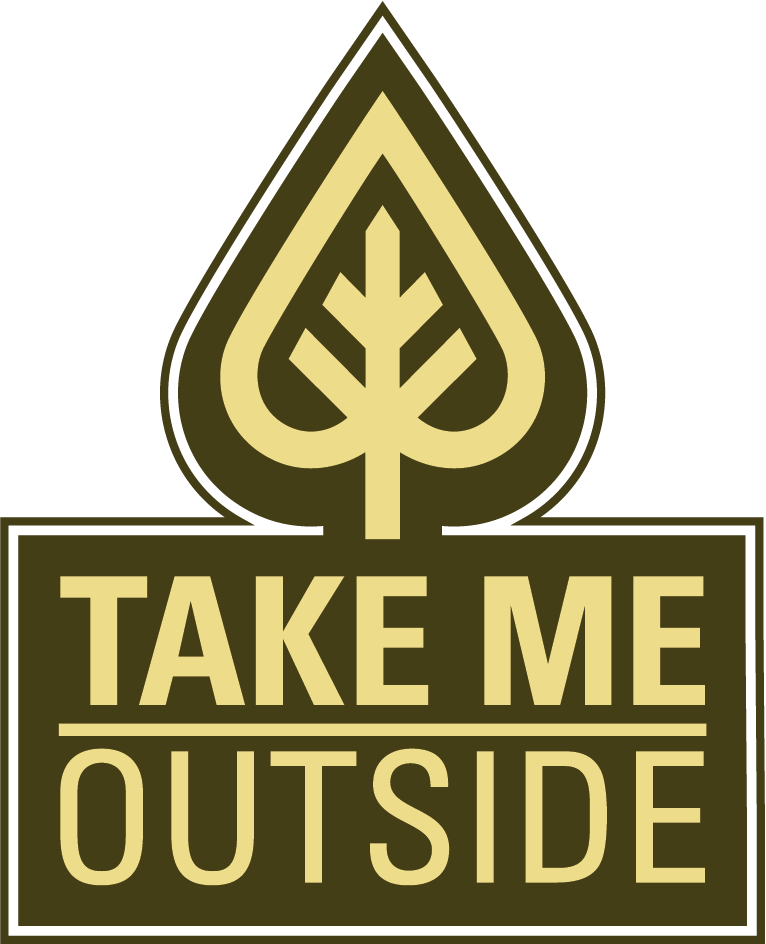34 results for group: block-c
How Do I Teach This Outside? Outdoor Literacy Instruction Meets the Science of Reading Movement
Many schools and teachers are changing their approach to literacy instruction in response to the science of reading movement. These new practices may seem difficult to take outside. In this workshop, participants will actively explore practical ways to practice phonics skills, engage in word study, build vocabulary, boost reading and language comprehension, and encourage richer writing. Learn how the outdoor learning environment near your school can provide an authentic context for beginning readers and writers and provide experiences that are essential for building language and reading comprehension.
Nature Journaling as a Tool for Connection & Conservation
How can using an arts-based practice of reflection create a stronger ecological identity? We will make time to slow down and intentionally connect deeper to place through the practice of nature journaling.
How can a stronger ecological identity strengthen the overall resiliency of teachers?
How can the products of art practice act as an invitation to fellow educators to strengthen their connection and understanding of their sense of place?
A Day in the Life of a NES Wild Student!
Are you ready to embark on your outdoor learning adventure? Join grade 4 teachers Landis Burr and Katie Douglas as they walk you through a typical afternoon in Nakoda Elementary School’s outdoor learning program, NES Wild. Gain practical strategies, pedagogical approaches, and innovative activities that seamlessly integrate into the curriculum. Beyond theoretical concepts, this workshop places tangible, hands-on resources in your grasp, ensuring that participants leave with a wealth of curriculum-based activities ready to be implemented with their own students. Join us in redefining education beyond the classroom walls!
A Walking Curriculum for the Early Years: Learn What It’s All About
Participants in this interactive, indoor and outdoor session will learn all about the newly released Walking Curriculum for the Early Years: Developing a Sense of Place by Sparking Curiosity and Wonder. This innovative, interdisciplinary resource designed specifically for Early Years educators, outlines an imaginative and ecological approach to taking student learning outside school walls. Specifically, it shapes A Walking Curriculum: Evoking Wonder and Developing Sense of Place K12 (Judson, 2018) for primary-aged learners. All three authors will be present to introduce the theory and practice of this imaginative ecological teaching resource. Dr. ...
How Does Vulnerability Show up in the Outdoors?
This session will provide the space to have brave conversations about how we include people with disabilities in the outdoors. It is the hope that participants will develop a sense of appreciation at the complexity of inclusion and a shift in thinking about people with disabilities.
A Meaningful Approach to Climate Change Education
Effective climate change education is about teaching our children to be informed, knowledgeable and involved outside in nature and their communities with a positive, solution-oriented mindset. This exciting opportunity is curriculum-connected, meaningful, motivating, memorable and centred on a place-based, experiential model. Come to this interactive session and learn more about empowering our students with climate change education that matters for people and planet!
Tipi Teachings and Balanced Living
Putting up a full size tipi with participants - learning about the history and the significance of the tipi.
Creating Reciprocal Relationships in Nature: Spiritually, Emotionally, Physically & Mentally
Kwe', this 75-minute workshop is packed with activities to inspire educators to embrace the simplicity of land-based education. Introducing a respectful approach to spiritually reconnect with nature; learn what natural clues to look for if you get lost in the woods; and enjoy a memorable way to embrace the beauty of the forest. Including an exhilarating take on sit spots, help expand our ideas with a knowledge building circle and take home some valuable resources to start or inspire your own outdoor adventures. Join us for some exciting immersive experiences in nature that you can practice with your own students.
Decolonized Indigenous Outdoor Learning – A Culturally Responsive Pedagogy
In 2022, after more than 15 years as an indigenous outdoor educator, I saw a need for a culturally responsive yet inclusive pedagogy. Through my own life experiences, talking with Elders in different regions of the country, and academic research I was able to create a culturally responsive pedagogy that I believe will be useful to educators that wish to support Indigenous learning and ways of knowing.
Participants will be introduced to the culturally responsive Indigenized outdoor learning model. The model includes: land based practices, community connection and cultural content. Group members will participate in relevant examples such as ceremony ...
Walking Together through Etuaptmumk/Two-Eyed Seeing
When we walk together in a good way we learn to see and know the world through two eyes. Nature has rights, and we have responsibilities as storytellers, educators, artists and advocates to use our gifts to protect Mother Earth. Engage in an interactive session exploring Etuaptmumk, the gift of multiple perspectives in the Mi'kmaw language also known as Two-Eyed Seeing. Weaving the strengths of Indigenous and non-Indigenous knowledges through the exchange of stories, learn more about how we came to co-create the picture book ""Walking Together"" (Annick Press), reading with all ages, including in a Land-Based Play and Co-Learning through Etuaptmumk/...




